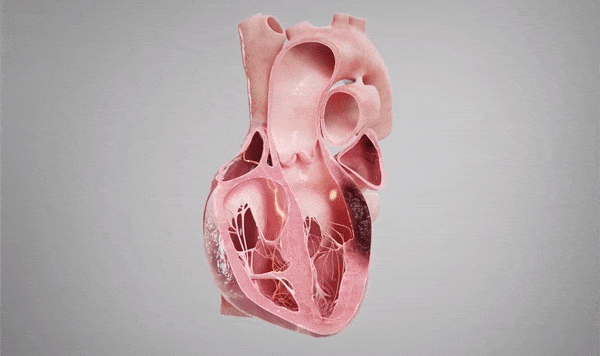
The heart has its own unique self-conducting electrical system, which enables the heart to beat. READ POST
Go to homepage

The heart has its own unique self-conducting electrical system, which enables the heart to beat. READ POST
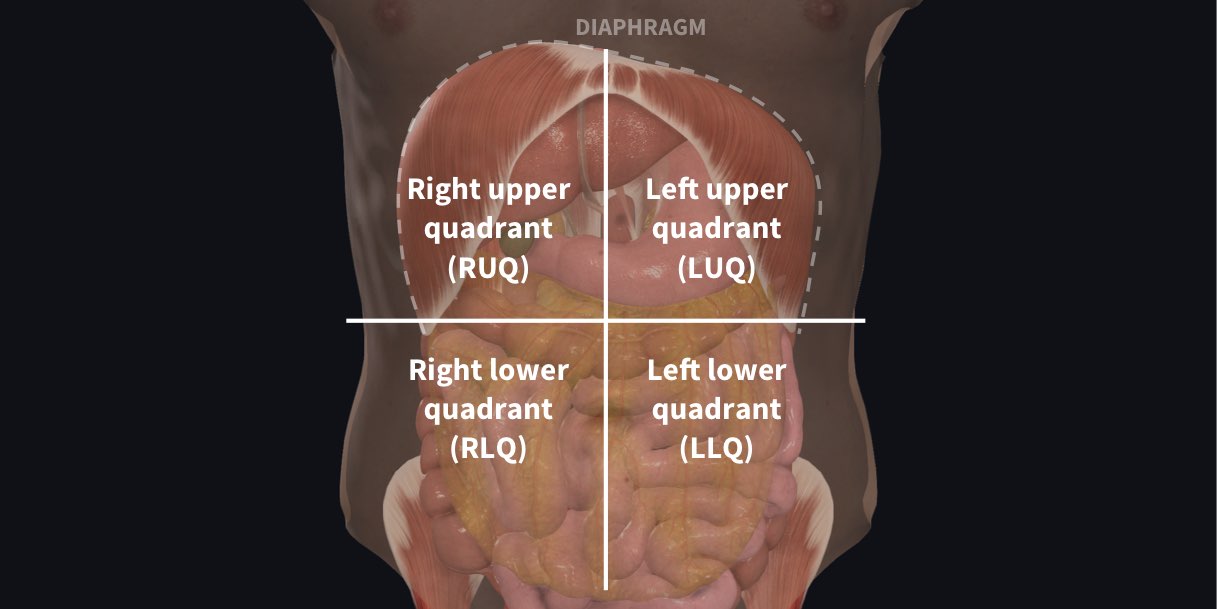
When a patient presents with abdominal pain, determining the location of the pain provides a useful starting point that guides further work for the clinician.READ POST
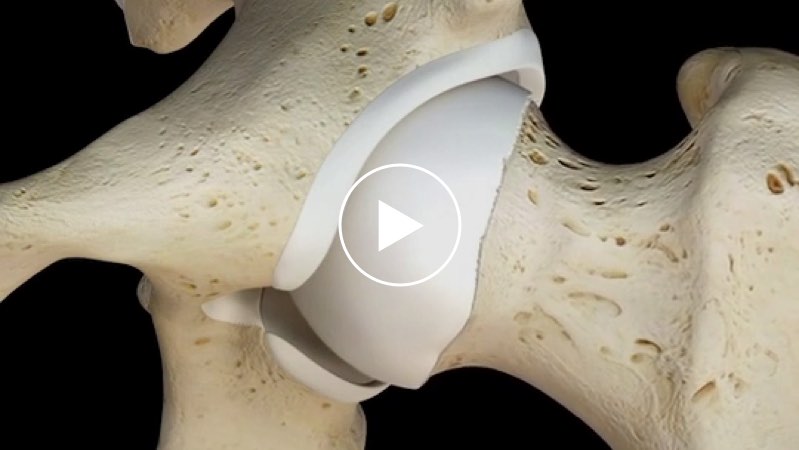
The acetabular labrum is a band of connective tissue that is located along the rim of the acetabulum, forming a ring around the head of the femur.READ POST
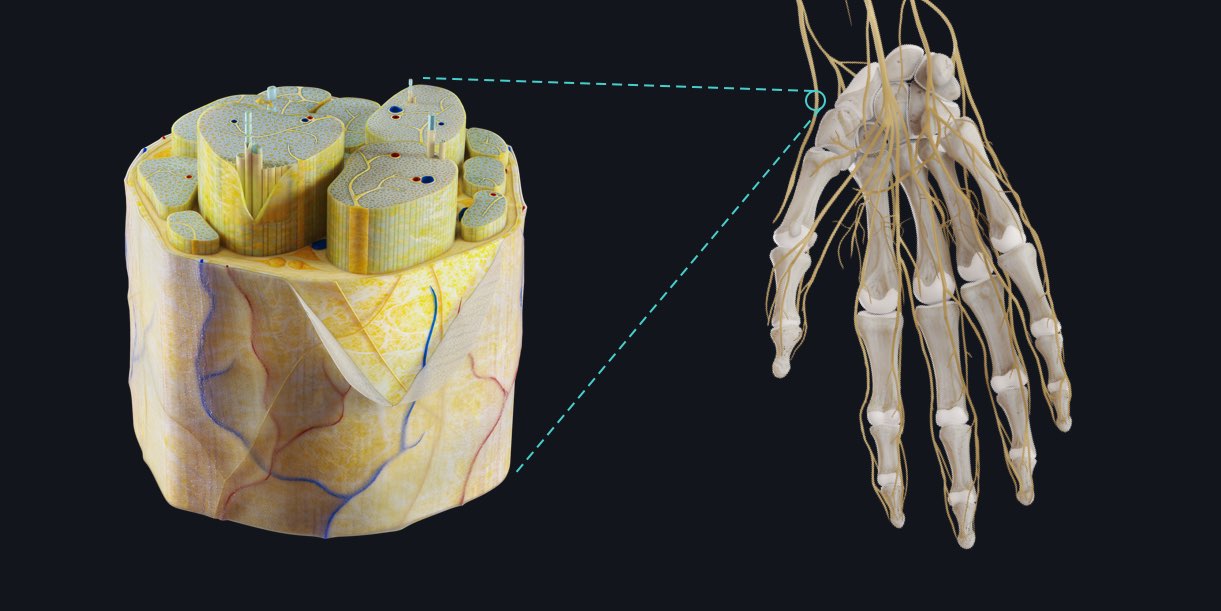
The peripheral nervous system (PNS) is one of two components which make up the nervous system of bilateral animals, with the other part being the central nervous system (CNS).READ POST

Whiplash is a term used to describe a neck injury which is usually caused by an abrupt, forceful motion of the cervical spine, and the supporting muscles and soft tissues.READ POST
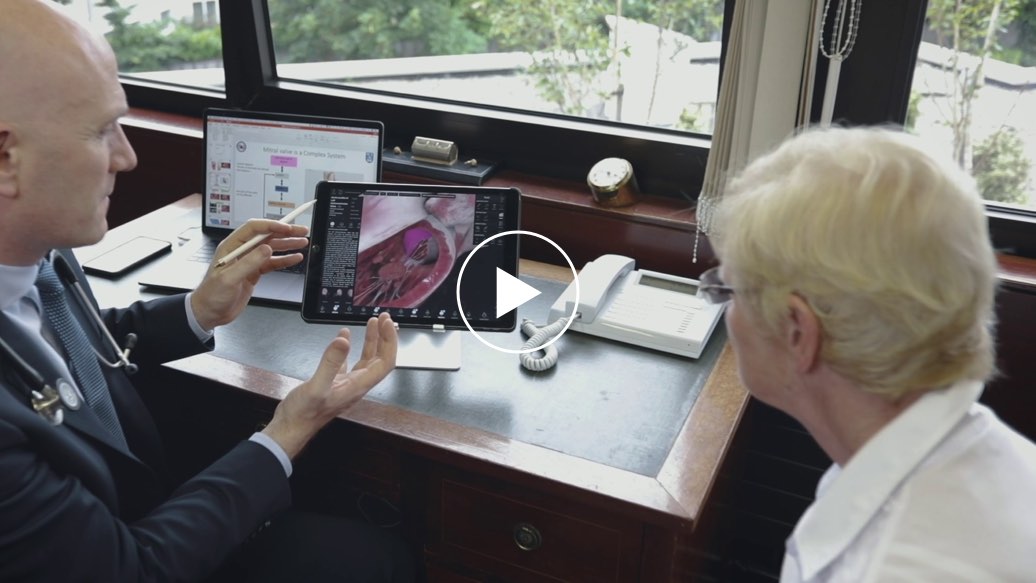
With access to over 60 high-quality cardiological condition and treatment videos, Professional license holder Dr. O’Connor integrates Complete Anatomy into his clinic daily. Here’s his take on how this tool improves patient understanding.READ POST
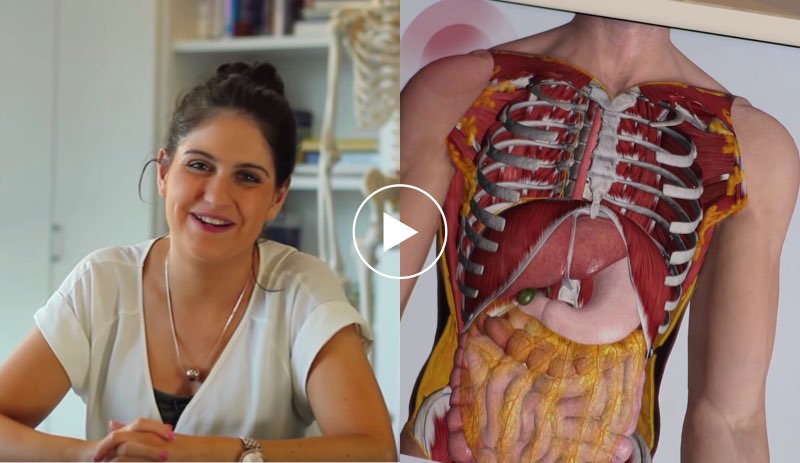
A 55 year-old man presents at the clinic with a pain in his right shoulder. After a short examination, the doctor says that the source of his pain is his gallbladder.READ POST

Multiple sclerosis is an immune-mediated disease in which the body’s immune system attacks the nerves in the brain and spinal cord.READ POST
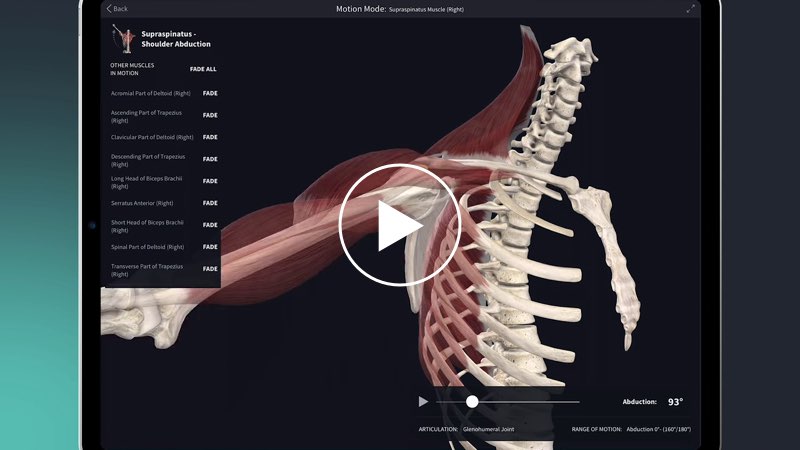
Hi, I’m James from Complete Anatomy, and I am going to show you just how useful Complete Anatomy can be in your physiotherapy practice.READ POST

Cholesterol is a type of fat that is either produced by the liver or consumed through your diet.READ POST